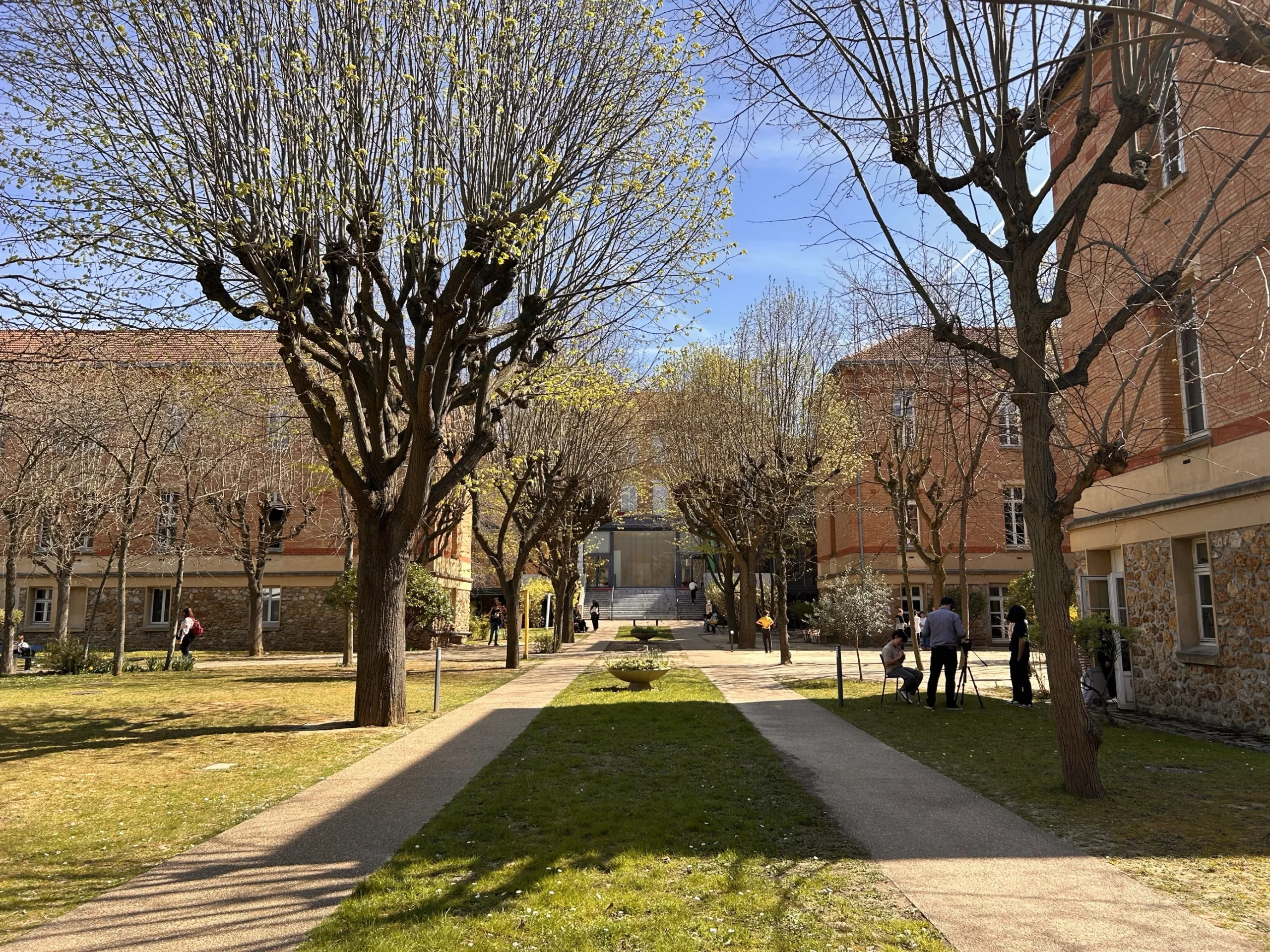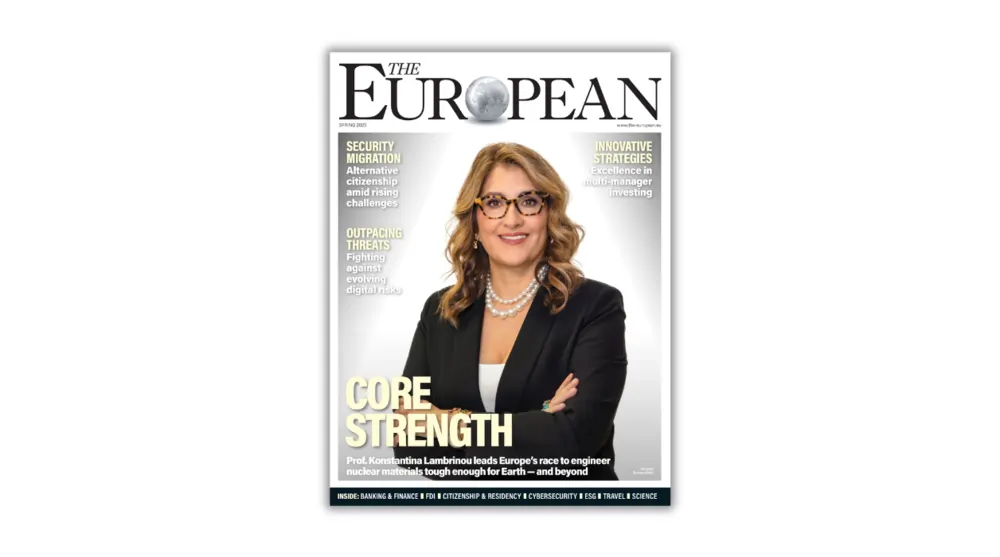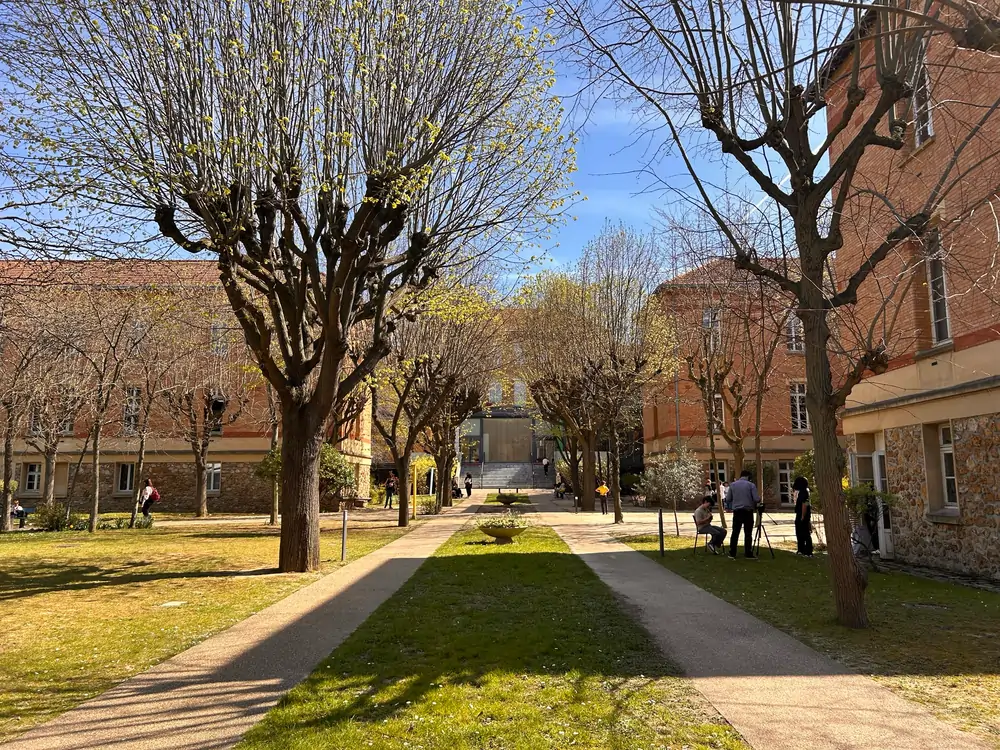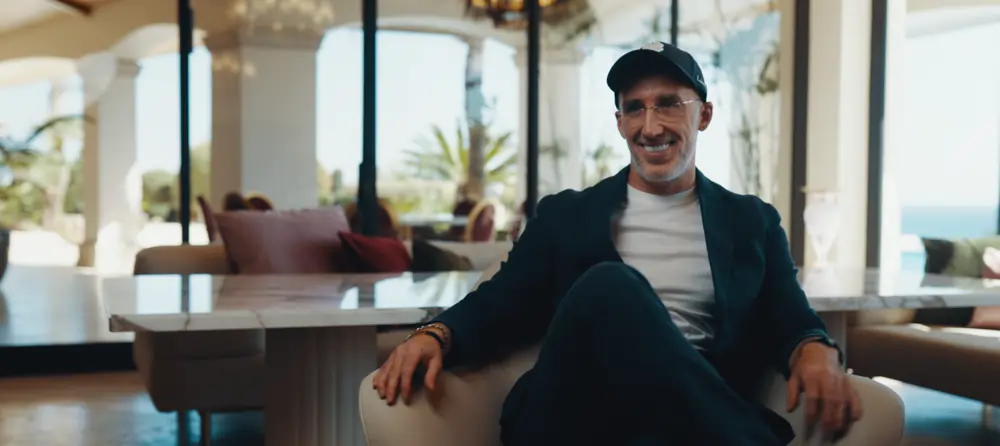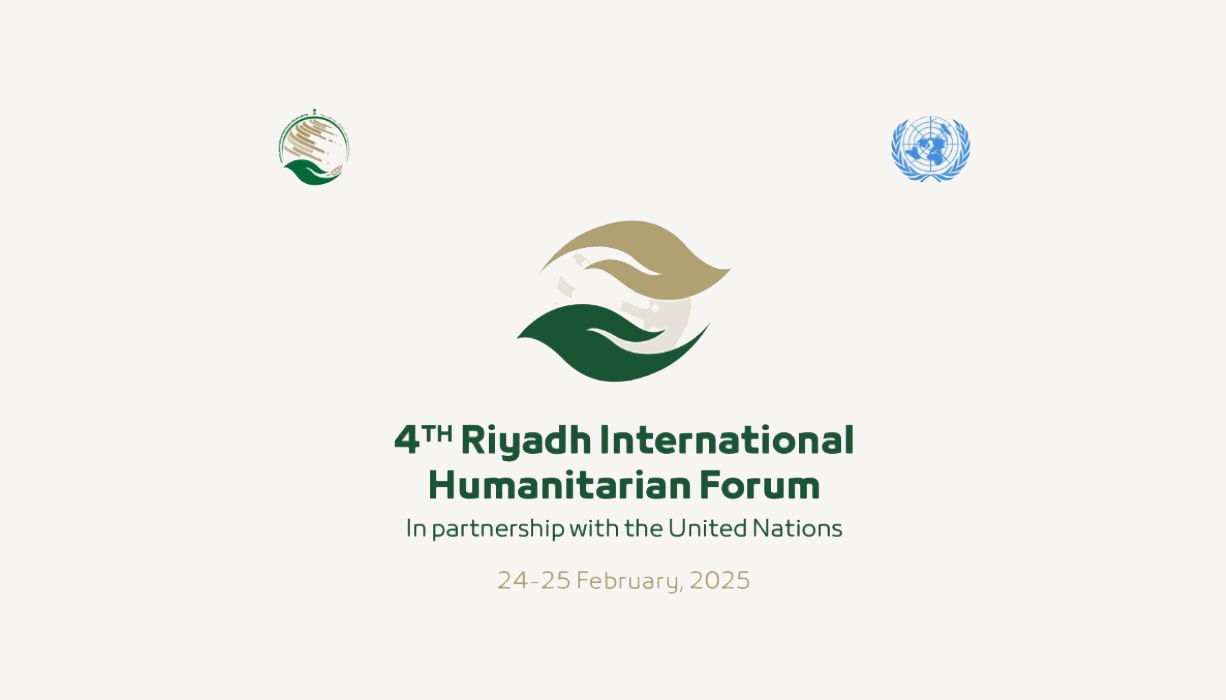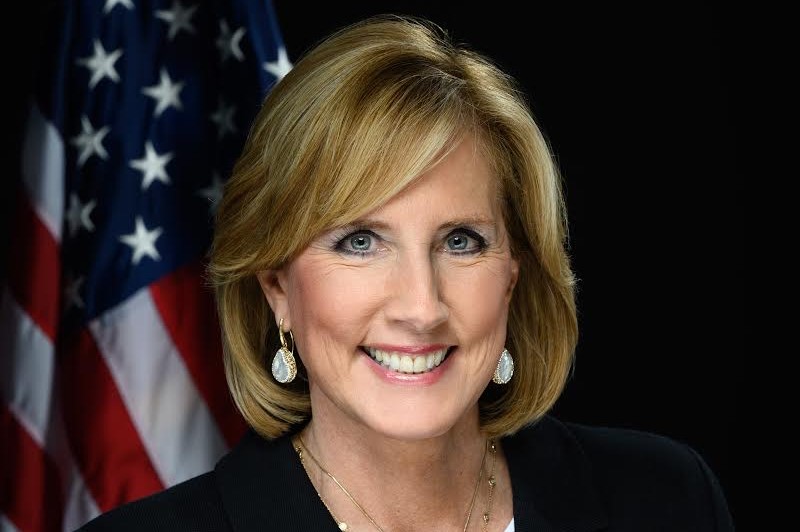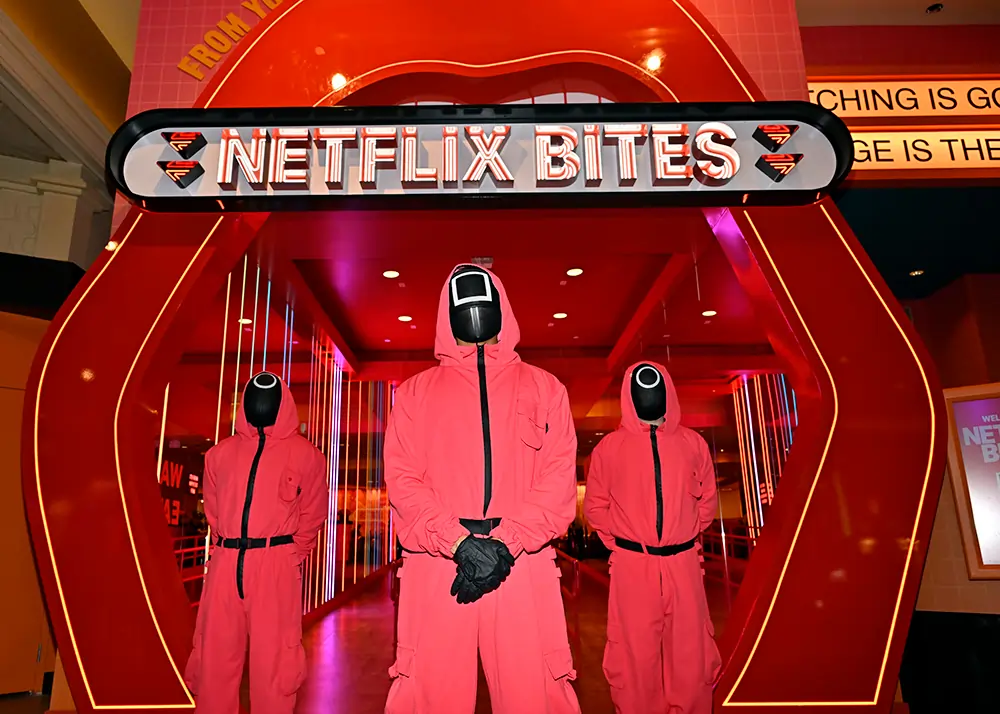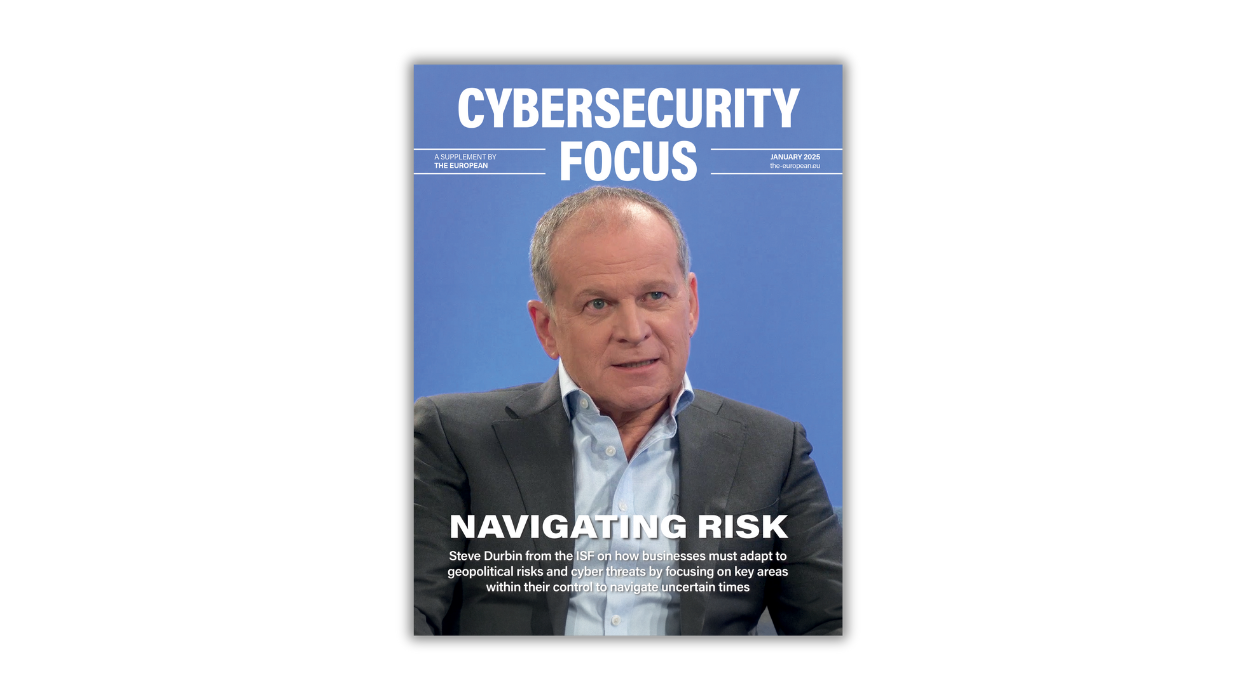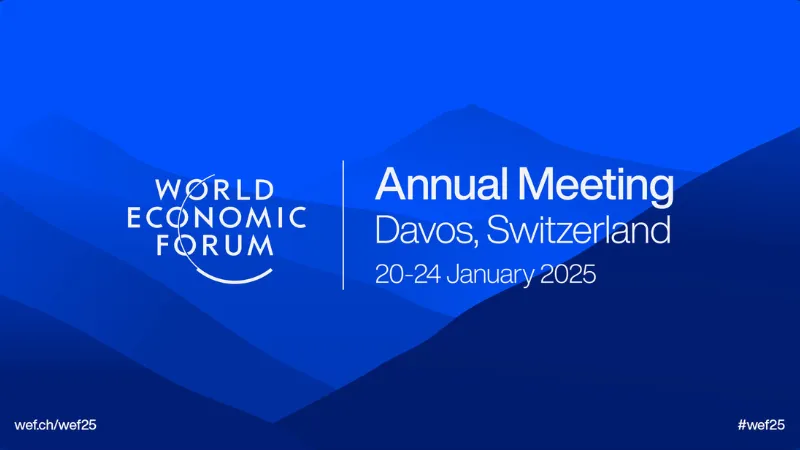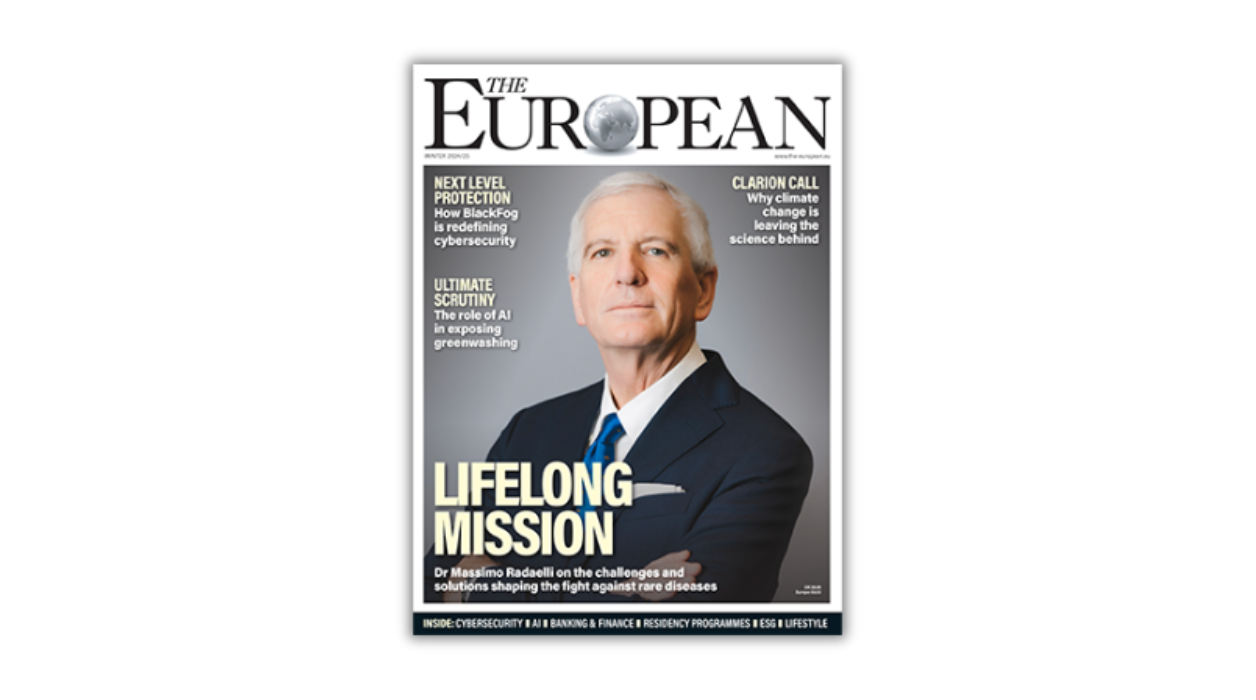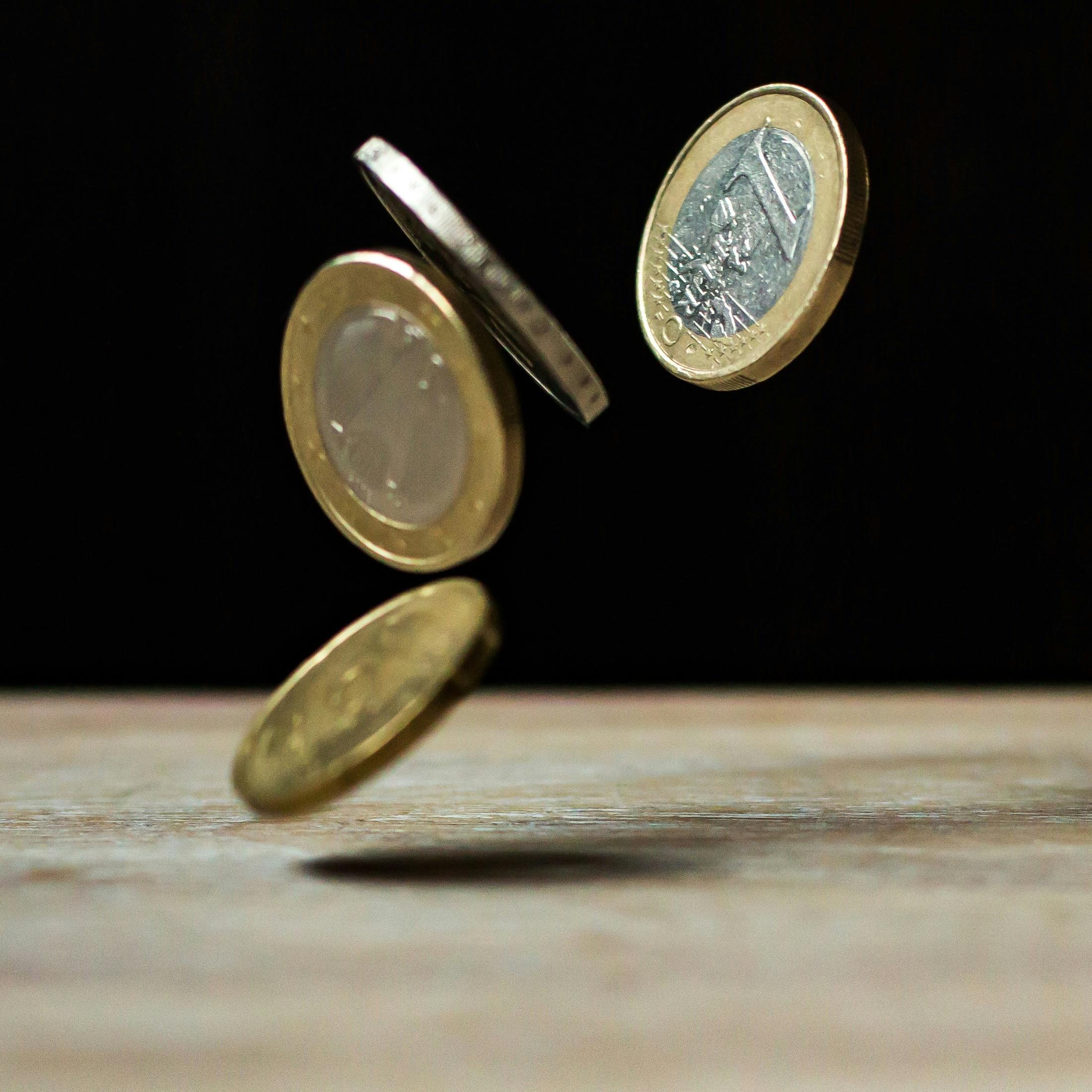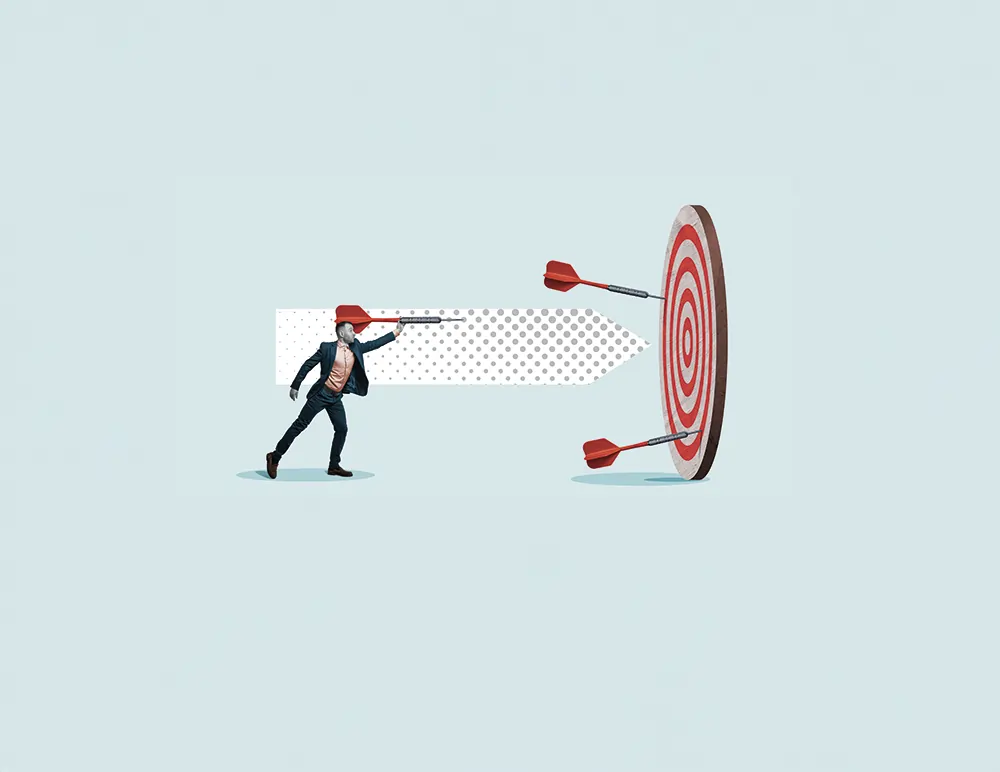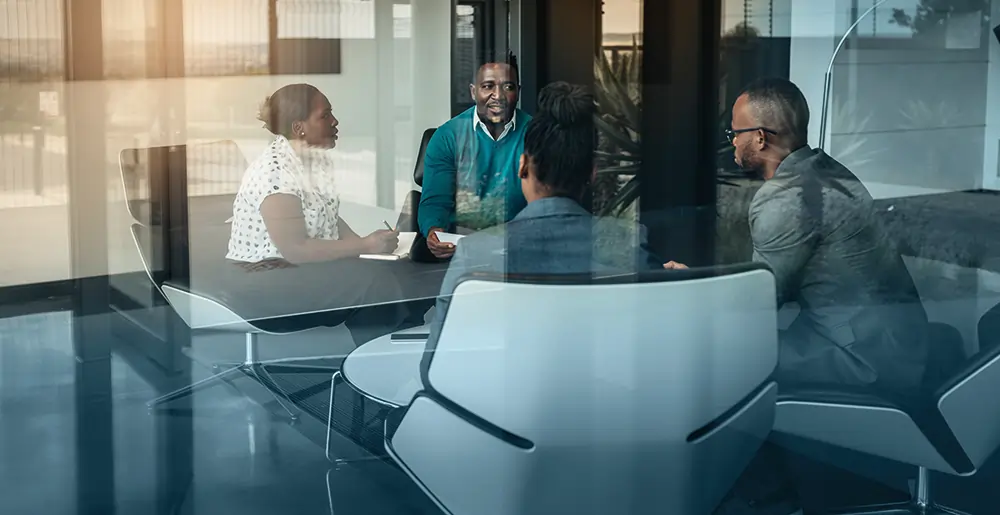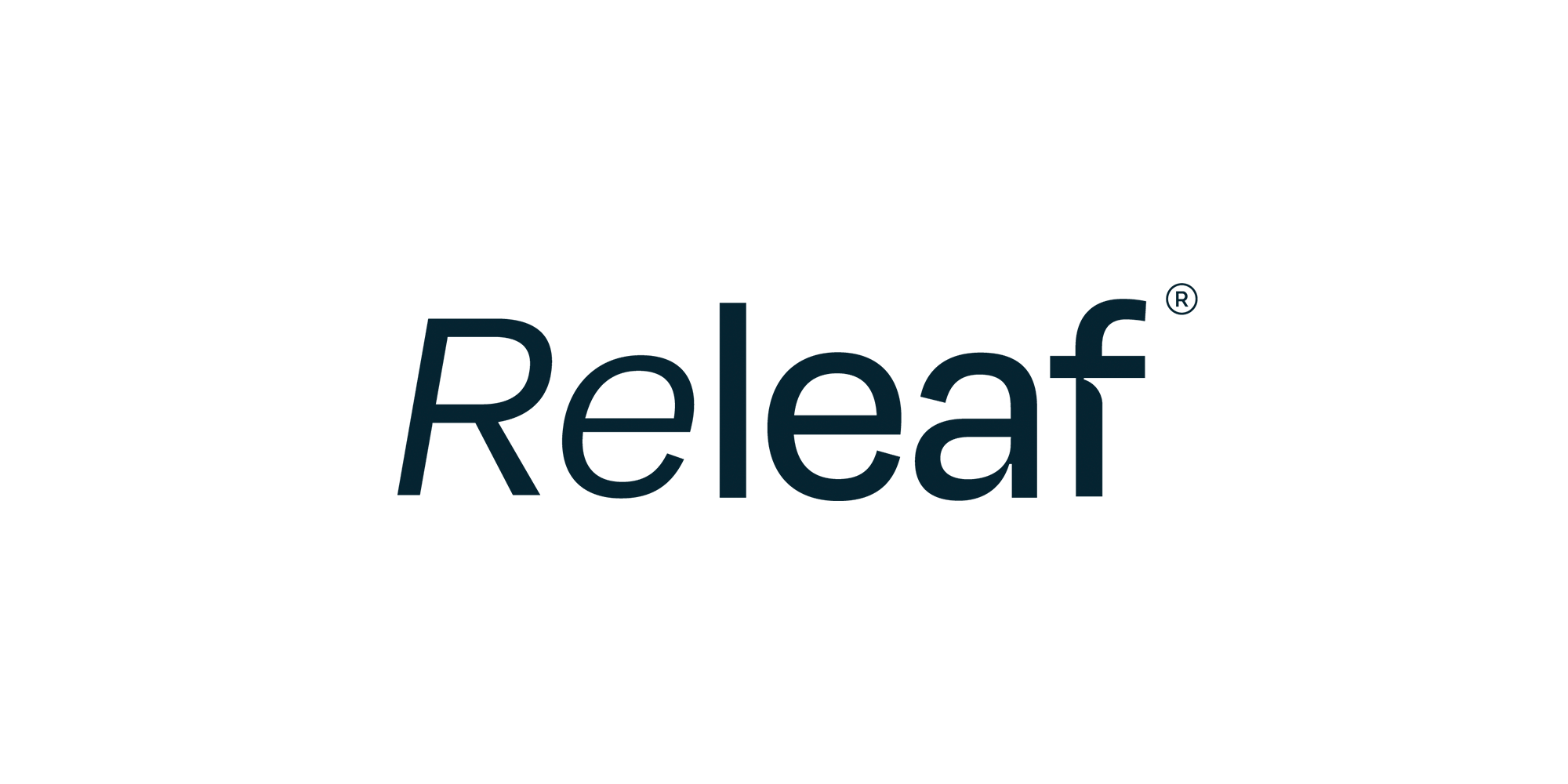The cold hard value of accountability

John E. Kaye
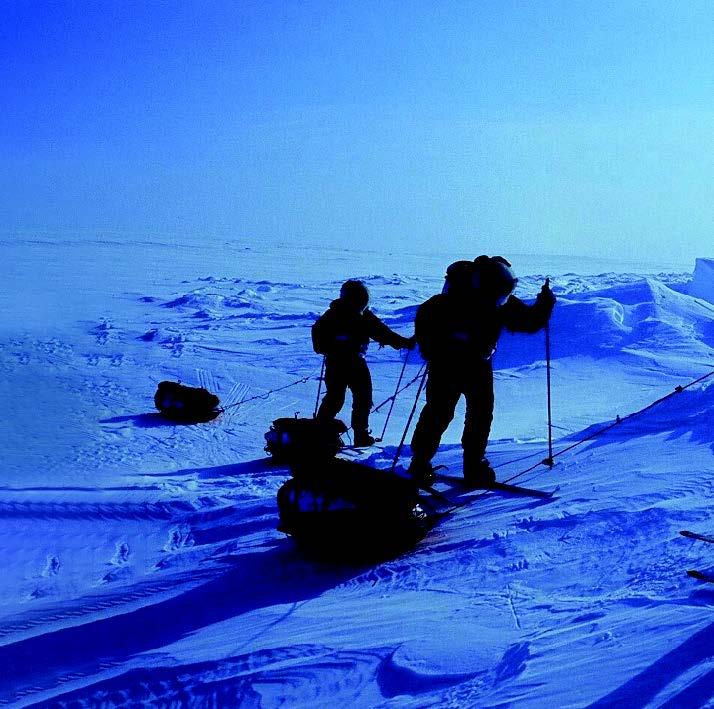
Leadership consultant Manley Hopkinson shares what racing to the North Pole taught him about being accountable
There are many times in my life when I have wondered why I made the choices I did and wouldn’t it have been easier if I had just said “No”! But life is so much more fun and exciting if we learn to say “Yes” to the new and uncertain.
This is the story of when I took part in the inaugural race to the Magnetic North Pole. Some 365 miles across badly broken sea ice with the air temperature down to -40C.
As a former Royal Navy officer I was not unfamiliar with tough challenges. I became a professional sailor and skippered a yacht in the BT Global Challenge. This led me into a career developing leadership and high performance teams, and it was later suggested that we needed a much greater test of our leadership skills. The idea of joining the race to the North Pole was born.
There were three big lessons on leadership accountability that I learnt from my race to the Magnetic North Pole. The extreme conditions exposed all of these elements dramatically and so have stayed with me ever since. It is the joy of my work that I can share these stories and so help others deeper understand the lessons.
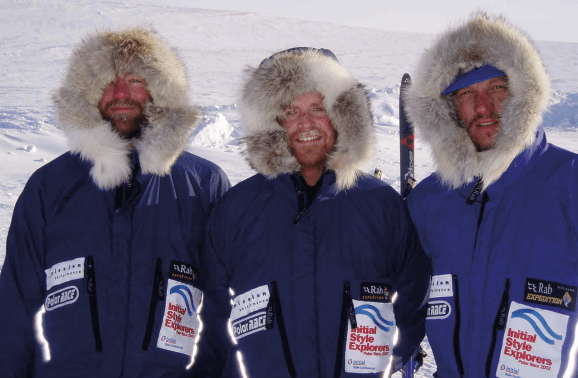
Lesson 1: Accountability comes through commitment
I teamed up with two extraordinary men, both ex-Royal Marines Phil Ashby and Chris Mcleod – both brilliant skiers and both eight years my junior. Three months before the race I had never used cross-country skis, but I knew I could add value through my sailing experience. However, I did not want to be the weakest link in the chain, so I made a commitment. A commitment to myself and to my two colleagues that they would never have to say “Hurry up Manley”. I would do everything in my power to ensure this.
That commitment changed everything. In that moment, my team knew they could rely on me and whenever I started to feel low or wallowing in self-pity, my commitment would jolt me out of my stupor and spur me on to winning that race and setting a new record.
It is our inner commitment that pushes us through the tough times and, if we share it with our teammates, then it is their challenge and support that doubles the positive impact. It is our inner commitment that enables accountability and it is the sharing of it that allows us to be accountable, as I believe that accountability is a two-way street: I cannot be accountable if I am not allowed to be accountable. It is a trust thing.
If we take this example into the everyday, what does it mean that we have to do? What should leaders say to evidence accountability? How can leaders be trusted to be held accountable?
Think about it hard. What is your commitment to what you are doing? If you were to write it down, what would you say? Remember that commitments always start with saying “I will …” or “I promise that I …” It has to be a statement that you can own and action. It is not about the actions of others, it is about your actions toward others. Now share it with your team and any other important stakeholders in your life. Share your promise with all those that you intend to be held accountable with – up and down, side to side. The power of intent and sharing an intention is immense.
Lesson 2: Accountability is being able to say “I don’t know” or “I need help”
Sticking to the story of my inexperience with all things Arctic, there is another powerful lesson I learnt from my experience in that beautiful frozen expanse that reinforces accountability: the power of the stupid question and owning up when you don’t know.
I didn’t know very much at all before I started. Seriously, I was a complete Arctic novice. Sure I ski, but up to that point only downhill and mainly on-piste – I was massively inexperienced at cross-country skiing. I had been camping many times but mainly in Europe or warmer climes. Th is is -40C This is altogether a different thing. Get it wrong here and you are in big trouble. But I was with two highly experienced ex-military types who exuded a strong confidence that this was their world, and who could always help me out.
But the strength of a team is not in hearing “may I help you?” No, a team is strong when we hear “I need help.” The individual is strong when they can say they need help. I had to be fully accountable for all of my actions. I could not just make it up as I went along.
I played a big part in navigation and nutrition; two elements of my previous experience as a round-the-world yachtsman that I could bring to bear in this strange new world. But that accountability could only be realised as part of the complete package. I could not pretend other competencies as my inability to do them would compromise the wider trust in me to do what I actually could do.
Show courage and humility in equal measure by asking for help and offering your ignorance – you are giving others the huge satisfaction of being able to assist you and the confidence that when you say you can do something, then you can.
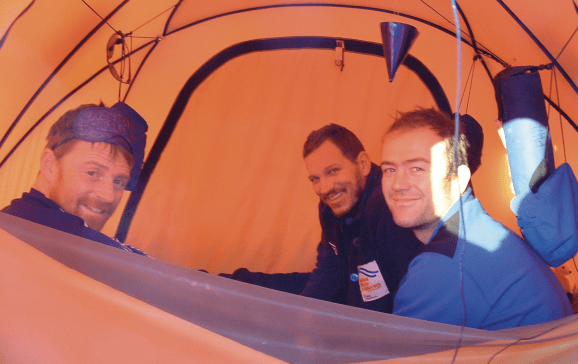
Lesson 3: Your accountability comes from the recognition and acceptance that the lives and livelihoods of others are impacted by your words and deeds. Make each one count.
Polar bears are huge, really huge. You can tell their height by the width of their paw print, and all around our tent were 22 cm prints – that’s 2.8 metres of solid muscle! Not only are they big but they can cover 50 meters in 4 seconds – faster than Usain Bolt. They are permanently living with hunger and three well-fed explorers represent about 140,000 calories – a handsome feast for a hungry bear!
Twice in our race, we were to have a close encounter with a hungry polar bear. Our collective survival demands that each of us play our role, stay calm, focused and remain on task no matter the pressure. I may well have been afraid but now was not the time to express it, nor deny it, but to harness the focus and strength that fear releases. If one panicked the others would die. If one runs, then so would the bear, in a chase. Together, shouting and banging our skis in harmony, we marched towards the polar bear. Well-drilled soldiers, left, right, left, right, side by side, we closed the gap on the bear. We broke the natural order. The bear was confused. We looked confident and strong. The bear turned and walked away. Today we would all stay alive – though one of us is more hungry than the others! Regardless of my inexperience, Chris and Phil had to rely on me for their safety, and for their lives, and I had to rely on them too. Each of us held the lives of the others in our hands.
And it’s the same for you. It may not quite be life and death on the average day, but it is each others livelihoods that we hold, and that is important. What you do as a leader will have a big bearing on the success and opportunities of others. A team of 100 people will, on average, hold the welfare of some 500 people, and more. You will impact them all. Your people, and their people, rely on your accountability.
Three big lessons on how to be accountable and how to gain accountability, all learnt at -40C with 2 royal marines and a polar bear! Royal Marines and a polar bear!


ABOUT THE AUTHOR
Manley Hopkinson is the founder of renowned leadership consultancy The Compassionate Leadership Academy, and author of ‘Compassionate Leadership’ (Hachette, £12.99). He is also a sought-after keynote speaker.
RECENT ARTICLES
-
 Managing cross-border risks in B2B e-commerce
Managing cross-border risks in B2B e-commerce -
 Research highlights rise of 'solopreneurs' as technology reshapes small business ownership
Research highlights rise of 'solopreneurs' as technology reshapes small business ownership -
 Human resources at the centre of organisational transformation
Human resources at the centre of organisational transformation -
 UK government sets up Women in Tech taskforce amid gender imbalance concerns
UK government sets up Women in Tech taskforce amid gender imbalance concerns -
 Liechtenstein lands AAA rating again as PM hails “exceptional stability”
Liechtenstein lands AAA rating again as PM hails “exceptional stability” -
 The Parisian business school quietly reinventing the MBA
The Parisian business school quietly reinventing the MBA -
 UK entrepreneur who founded £1bn firm acquires UAE amateur golf leader to launch world amateur Super League
UK entrepreneur who founded £1bn firm acquires UAE amateur golf leader to launch world amateur Super League -
 Why your home is the best place to teach children leadership
Why your home is the best place to teach children leadership -
 Inside the Spring 2025 Edition of The European
Inside the Spring 2025 Edition of The European -
 The Paris MBA designed for real-world leadership
The Paris MBA designed for real-world leadership -
 Soft2Bet reflects on eight years of leadership and philanthropy in new film featuring CEO Uri Poliavich
Soft2Bet reflects on eight years of leadership and philanthropy in new film featuring CEO Uri Poliavich -
 Global Banking School celebrates ‘milestone’ anniversary
Global Banking School celebrates ‘milestone’ anniversary -
 Saudi Arabia hosts the fourth Riyadh International Humanitarian Forum
Saudi Arabia hosts the fourth Riyadh International Humanitarian Forum -
 New York Congresswoman pushes for Trump’s birthday to be enshrined as federal holiday
New York Congresswoman pushes for Trump’s birthday to be enshrined as federal holiday -
 Red light, green bite: Netflix restaurant opens in Vegas
Red light, green bite: Netflix restaurant opens in Vegas -
 Read our Cybersecurity Focus supplement, featuring insights from Information Security Forum
Read our Cybersecurity Focus supplement, featuring insights from Information Security Forum -
 Davos World Economic Forum 2025: Collaboration for the Intelligent Age
Davos World Economic Forum 2025: Collaboration for the Intelligent Age -
 The European releases its Winter 2024/25 edition
The European releases its Winter 2024/25 edition -
 Read our FDI Focus supplement, featuring insights from Michael Lohan of IDA Ireland
Read our FDI Focus supplement, featuring insights from Michael Lohan of IDA Ireland -
 PizzaExpress to Expand Dough Base Stateside
PizzaExpress to Expand Dough Base Stateside -
 The two core skills middle managers need to navigate stormy weather
The two core skills middle managers need to navigate stormy weather -
 The Role of Financial Regulations in the Online Casino Industry
The Role of Financial Regulations in the Online Casino Industry -
 How to become a game-changer
How to become a game-changer -
 Taking the risk out of BOP ventures
Taking the risk out of BOP ventures -
 Releaf leading the way with marketing
Releaf leading the way with marketing






